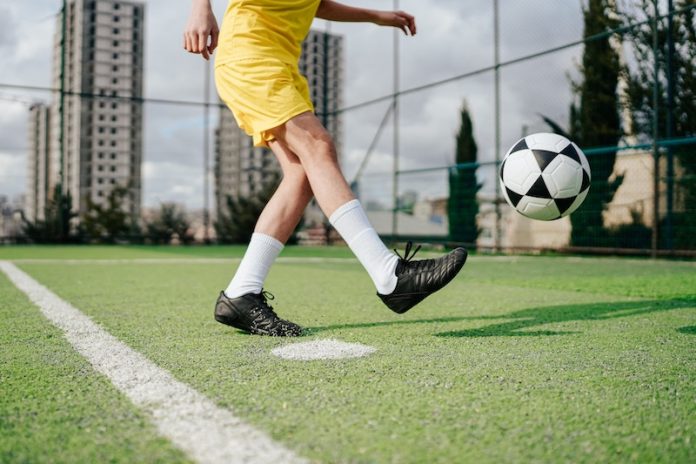
When we talk about sports, especially American football, we often think of the excitement, team spirit, and roaring fans.
But there’s a side to this sport that many don’t see. Let’s look into a study that tried to find out if playing football might affect our brain health later in life.
Football and Its Hidden Impact
Everyone knows football is a tough sport. Players tackle each other, and sometimes there are injuries.
While most of these injuries heal, some researchers believe that repeated hits to the head, like those in football, might have lasting effects.
You might have heard of boxers facing health issues because of repeated hits. There’s a term for this: parkinsonism.
It includes certain health problems that make it hard for people to move smoothly. The most famous of these is Parkinson’s disease (PD).
The Big Study and What It Found
Researchers in Boston did a big study. They wanted to know if people who played football were more likely to have problems like Parkinson’s disease.
They looked at 1,875 people. Out of these, 729 had played football, and 1,146 had played other sports.
Here’s what they found out:
People who played football were 61% more likely to say they had Parkinson’s disease or something like it.
People who played a lot of football, especially in college or as professionals, were more likely to report these problems.
The age when someone started playing football didn’t matter. So, whether you started as a kid or as a teenager, it didn’t change the risk.
Dr. Michael L. Alosco, who led the study, said that football might add to the risk of getting Parkinson’s.
But, it’s important to remember that playing football doesn’t mean someone will definitely have health problems later. Many things affect our health.
Hannah Bruce, another scientist, said that earlier studies mainly looked at a problem called CTE in football players. CTE is a different brain problem.
Now, they’re seeing that football might also be linked to other issues like Parkinson’s disease.
Some Things to Keep in Mind
This study is a start, but it’s not the final answer. The people in the study told the researchers whether or not they had Parkinson’s.
The researchers didn’t check them in person. Also, most people in the study were white, so we don’t know if these findings apply to everyone.
But the big lesson? Our brains are delicate, and we need to take care of them.
In conclusion, football is a beloved sport, but like all things, it comes with its risks. As we understand more about these risks, we can find ways to keep players safe.
But for now, it’s good to be aware and make informed choices. Whether you’re a player, a parent, or just a fan, it’s always good to know more about the game we love.
If you care about Parkinson’s disease, please read studies that Vitamin B may slow down cognitive decline, and Mediterranean diet could help lower risk of Parkinson’s disease.
For more information about brain health, please see recent studies that blueberry supplements may prevent cognitive decline, and results showing Plant-based diets could protect cognitive health from air pollution.
The study was published in JAMA Network Open.
Follow us on Twitter for more articles about this topic.
Copyright © 2023 Knowridge Science Report. All rights reserved.



